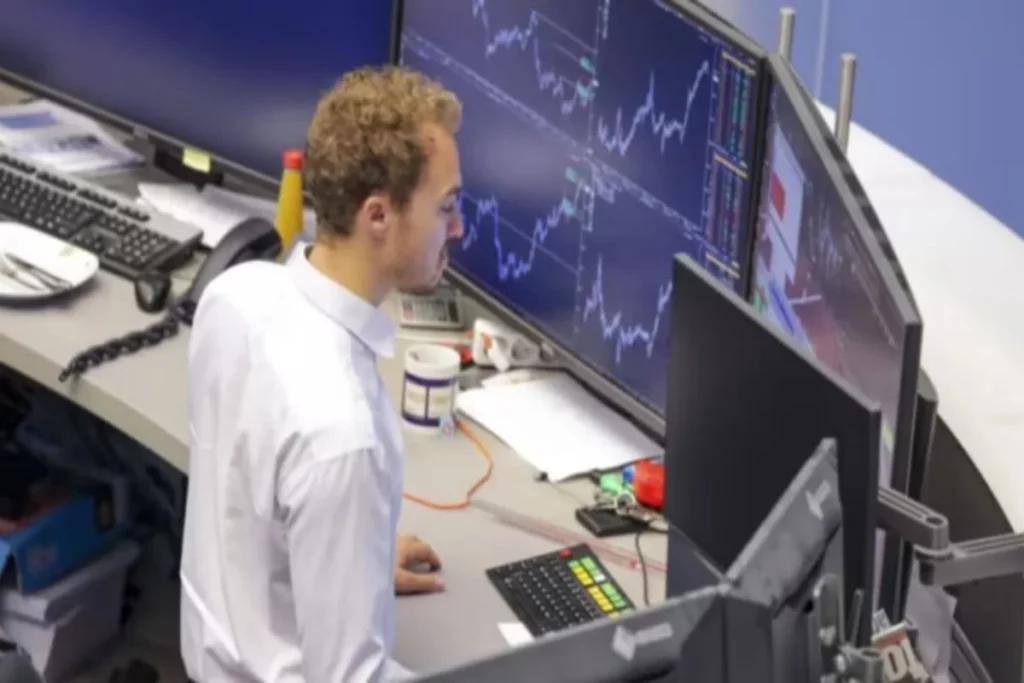- European shares and US stock futures went up on Tuesday after two days of falls.
- People were worried that central banks would raise interest rates quickly to stop inflation.
- The prospect of higher rates was a drag on Chinese stocks, but other Asian markets had a better day.
European shares and US stock futures went up on Tuesday after going down for two days because people were worried that central banks would raise interest rates quickly to stop inflation.
Early on, the regional Stoxx 600 stock index went up by 0.5%, while Germany’s Dax went up by 0.4%. The FTSE 100 in London went up by 0.3% when trading resumed after a holiday.
Global stocks fell in the previous session after last week’s annual economic symposium in Jackson Hole, Wyoming, where central bankers reaffirmed their commitment to tackling fast price growth even though the prospect of tighter monetary policy threatens to cause a long-term slowdown.
In a speech full of hawkish language on Friday, Jay Powell, the head of the Federal Reserve, said that the US central bank “must keep at it until the job is done” on inflation.
On Tuesday, futures contracts for the broad S&P 500 and the technology-heavy Nasdaq 100 went up by 0.7% and 0.9%, respectively, which was a sign that Wall Street stocks were starting to settle down.
Earlier in the session, the prospect of interest rates being at historically high levels was a drag on Chinese stock prices.
Hong Kong’s Hang Seng index fell as much as 1.9 percent before recovering some of its losses to trade down 0.4 percent.
Following an initial drop of 1%, the mainland CSI 300 index later traded with a loss of 0.3%. The Topix index in Japan had a better day, gaining 1.2 percent.
The week before, at a conference in Jackson Hole, Chairman Powell said that if inflation were to be brought down, the economy would probably grow more slowly for “a sustained period.”


